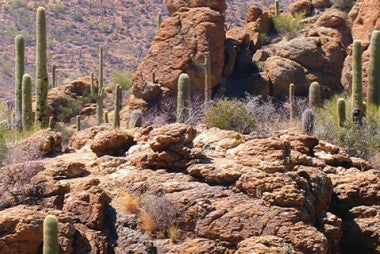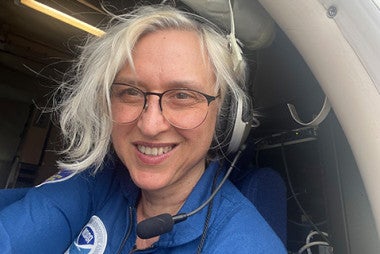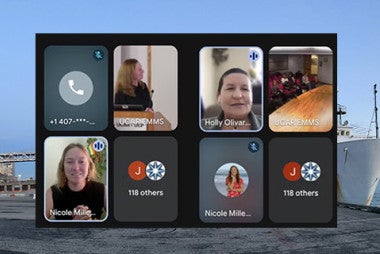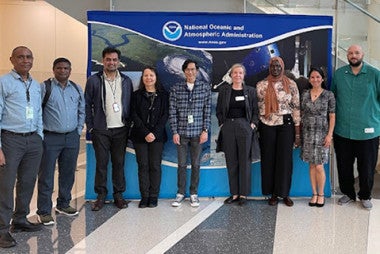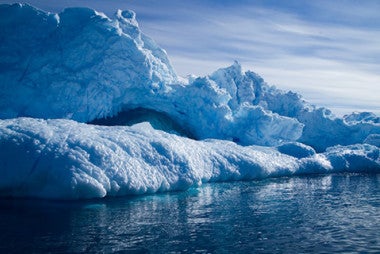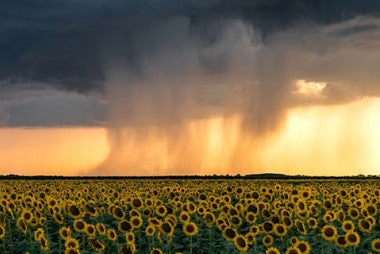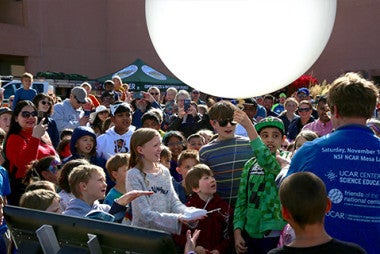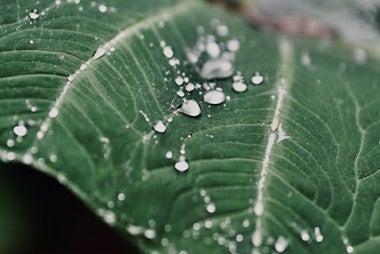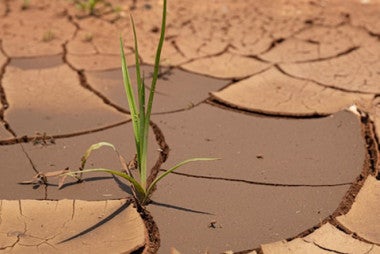Class of 2022: NOAA Climate and Global Change Fellowship
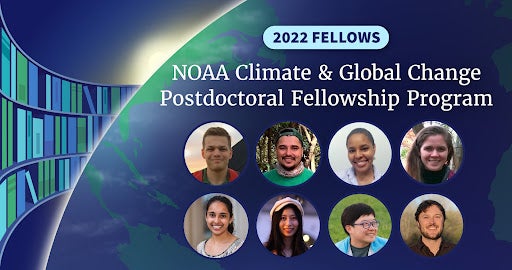
CPAESS is delighted to welcome the 2022 NOAA Climate and Global Change Fellows, and honored to manage this prestigious fellowship focusing on observing, understanding, modeling, and predicting climate variability and change on seasonal and longer time scales. This includes the documentation and analysis of past, current, or possible future climate variability and change as well as the study of the underlying physical, chemical, and biological processes.
This fellowship is sponsored by NOAA’ Climate Program Office and managed by UCAR’s Cooperative Programs for the Advancement of Earth System Science (CPAESS). Its purpose is to help create and train future leading researchers needed for climate studies. “UCAR | CPAESS is honored to manage the prestigious and critical NOAA Climate and Global Change fellowship. Great effort goes into creating a nurturing bridge between their academic work and that of a career scientist with extensive networking and career development opportunities.” said Hanne Mauriello, Director of UCAR's CPAESS.
Dr. J. Michael Hall, former director of the NOAA Climate Program Office, founded the NOAA Climate and Global Change Postdoctoral Fellowship Program in 1990. Anticipating the large amounts of data that was gathered from NOAA efforts, such as TOGA and TOGA COARE field programs, the research community required the attention of an enlarged workforce here and abroad. In a larger context, it was necessary to attract new Ph.D.’s to the community in order to establish the seeds of scientific leadership needed in the field of climate and global change research.
These fellows continually excel and give back to both the UCAR | NCAR and the larger Earth system science community. Alumna Dr. Heidi Cullen, Director of Communications and Strategic Initiatives, Monterey Bay Aquarium Research Institute now serves on UCAR’s Board of Trustees. NOAA C&GC Alumnus Dr. Gavin Schmidt, Director of NASA’s Goddard Institute for Space Studies and Principal Investigator for the GISS ModelE Earth System Model frequently speaks at our Heliophysics Symposiums to help develop and excite the scientific community.
This year two of our alumni are serving as hosts for new fellows in this class. Of this role Alexander Robel, Assistant Professor at Georgia Institute of Technology said, “I am excited to serve as a NOAA C&GC host for Meghana Ranganathan, a rising star in the fields of climate and cryosphere sciences. I plan to draw on my own fruitful experiences as a recent C&GC fellow to help mentor Meghana and connect her to all the resources available through Georgia Tech, the C&GC fellowship and its connections to NOAA and UCAR. The C&GC program continues to lead the way in broadening our community’s perspective on what constitutes climate science. Bringing new voices into our field is necessary if we wish to continue making fundamental and useful advances in climate science."
Additionally, William Anderegg, Associate Professor at the University of Utah shared, “I'm incredibly excited to host German as a C&GC Fellow. Given how transformative my mentors and being a C&GC Fellow were in my own career, I'm thrilled to be able to support and mentor German and 'pay it forward'. His proposed research on ecological forecasting and drought impacts on forests is exceptionally important and promising."

Over the past 31 years, the fellowship program has hosted 255 NOAA Climate and Global Change Fellows with this new class, and has developed an outstanding reputation of attracting the best and the brightest PhDs in the sciences relevant to the NOAA Climate Program Office. Appointed fellows are hosted with mentoring scientists at U.S. universities and research institutions to work in an area of mutual interest. This is the 32nd class of this program. Here are our new fellows and their research plans:
Jhordanne Jones: Proposal Topic: The Subseasonal to Seasonal Predictability of Tropical Cyclone Activity in a Warming Climate. Host: Dr. Daniel R. Chavas, Purdue University. PhD Institution: Colorado State University
Tyler Kukla: Proposal Topic: Land-atmosphere coupling of the pan-Asian Monsoon in Miocene and Quaternary Green Sahara states. Host: Drs. Abigail Swann and Nicholas Siler, University of Washington. PhD Institution: Stanford University
Tianjia (Tina) Liu: Proposal Topic: Sensitivity of Western United States Wildfires to New Climate Extremes: Implications for Public Health and Aviation. Host: Dr. James Randerson, University of California, Irvine. PhD Institution: Harvard University
Channing Prend: Proposal Topic: Regional variability and trends of submesoscale ice-ocean coupling in Southern Ocean marginal ice zones. Host: Dr. Georgy Manucharyan, University of Washington and Dr. Andrew Thompson, California Institute of Technology. PhD Institution: Scripps Institute of Oceanography, University of California, San Diego
Meghana Ranganathan: Proposal Topic: Bridging flow and fracture in ice sheet models for improved sea-level rise projections. Host: Dr. Alexander Robel, Georgia Institute of Technology. PhD Institution: Massachusetts Institute of Technology
Germán Vargas Gutierrez: Proposal Topic: A mechanistic framework to forecast vegetation resilience to drought across scales. Host: Dr. William R.L. Anderegg, University of Utah. PhD Institution: University of Minnesota, Twin Cities
Kathryn Wheeler: Proposal Topic: The connections between leaf phenology and mycorrhizae in a changing world. Host: Dr. Cesar Terrer, Massachusetts Institute of Technology. PhD Institution: Boston University
Qindan Zhu: Proposal Topic: Continental-scale OH trends: dominant drivers, underlying processes and future projections. Host: Dr. Arlene Fiore, Massachusetts Institute of Technology. PhD Institution: University of California, Berkeley
A sincere congratulations to you all.
Learn more here about this new class, and more about this exciting fellowship program.
